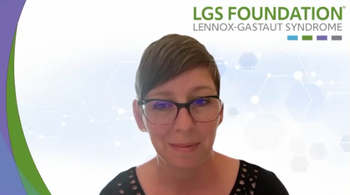
The data scientist at Roche and mother of a child living with Lennox-Gastaut syndrome, provided insight on areas of the disease that need greater recognition, as well as an overview of how the disease is currently treated. [WATCH TIME: 4 minutes]

The data scientist at Roche and mother of a child living with Lennox-Gastaut syndrome, provided insight on areas of the disease that need greater recognition, as well as an overview of how the disease is currently treated. [WATCH TIME: 4 minutes]
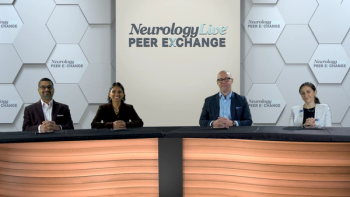
Panelists discuss how various approved and investigational FcRn-targeting agents differ in their mechanisms of action for treating generalized myasthenia gravis (gMG).

Panelists discuss how complement inhibitors work to treat generalized myasthenia gravis (gMG), evaluating their efficacy and safety profiles based on FDA approvals and clinical experience.

Panelists discuss how various outcome measures are utilized in clinical practice to assess and monitor patients with generalized myasthenia gravis.

Panelists discuss how the current understanding of myasthenia gravis pathophysiology is informing the development of targeted treatments, alongside reviewing the standard of care for generalized myasthenia gravis (gMG).
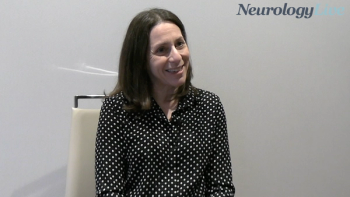
The senior director of research strategy at Banner Alzheimer’s Institute talked about improving clinical trial diversity through removal of logistical barriers, creating inclusive outreach strategies, and designing trials that address the unique needs of underrepresented populations. [WATCH TIME: 5 minutes]
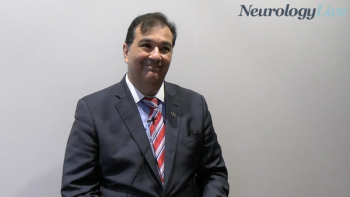
The director of the Banner Sun Health Research Institute talked about how the newly approved Alzheimer treatments have shown promise in slowing clinical decline, signaling a foundational shift toward disease-modifying therapies that target core biological processes. [WATCH TIME: 5 minutes]
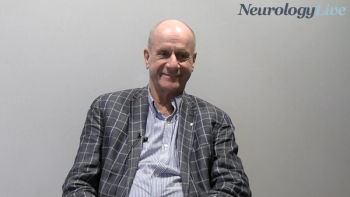
The professor of molecular geriatrics at Uppsala University talked about the research journey that led to the development of targeted antibody therapies for Alzheimer disease and emphasized the need for early diagnosis. [WATCH TIME: 5 minutes]
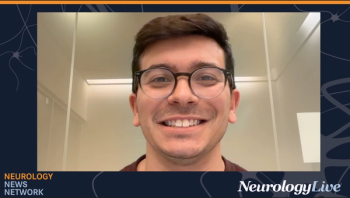
Neurology News Network. for the week ending November 2, 2024. [WATCH TIME: 4 minutes]
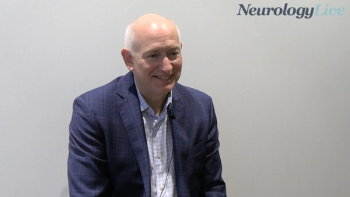
The chair of psychiatry at Tufts University School of Medicine talked about a recent study that suggested synthetic tetrahydrocannabinol could reduce agitation in patients with advanced Alzheimer disease. [WATCH TIME: 5 minutes]
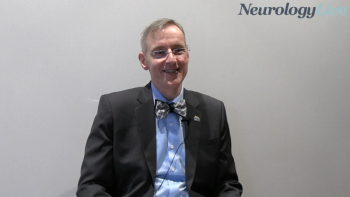
The senior clinical research scientist at Acumen Pharmaceuticals talked about the company's approach to refining Alzheimer screening by implementing plasma p-tau 217 biomarkers. [WATCH TIME: 5 minutes]

Panelists discuss how the classification of generalized myasthenia gravis (gMG) informs and guides treatment strategies for patients.
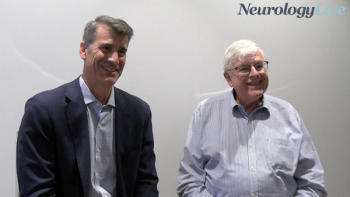
The head of dementia research at Austin Health and the chief medical officer at Cognition Therapeutics talked about recently presented phase 2 findings on CT1812, an investigational medicine for patients with mild to moderate Alzheimer disease, at CTAD 2024. [WATCH TIME: 5 minutes]

Panelists discuss how myasthenia gravis presents clinically in adults and children, factors contributing to its underdiagnosis, and symptoms that should prompt specialist consultation.
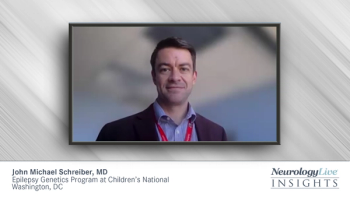
John Michael Schreiber, MD, provides an overview of epilepsy in infant and pediatric patients, including its prevalence, and describes the pathophysiology of infantile and pediatric epilepsy, highlighting how the disease’s heterogeneity affects diagnosis.
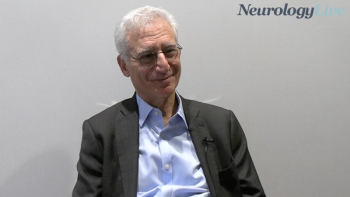
The cofounder and chief science officer of the Alzheimer's Drug Discovery Foundation talked about how Alzheimer disease treatment may evolve through combination therapies, adding potential anti-tau and anti-inflammatory agents to improve patient outcomes. [WATCH TIME: 5 minutes]
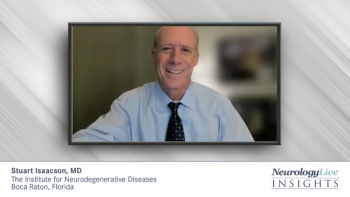
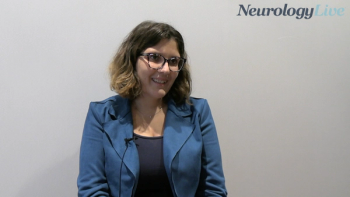
The indication lead of neurology at Roche Diagnostics International talked about the latest Alzheimer biomarkers that are aimed to transform diagnostic accuracy and accessibility as well as enhance early detection and treatment. [WATCH TIME: 5 minutes]
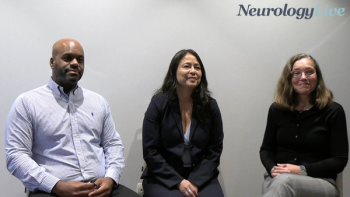
A trio of experts talked about Lexeo Therapeutics’ LX1001 gene therapy trial that demonstrated promising safety and biomarker effects in patients with early-stage Alzheimer disease. [WATCH TIME: 5 minutes]
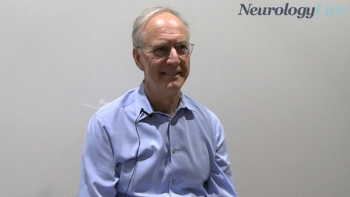
The chief medical officer at Cognito Therapeutics talked about a medical device designed to slow cognitive decline in patients with Alzheimer disease through gamma frequency brain stimulation. [WATCH TIME: 6 minutes]
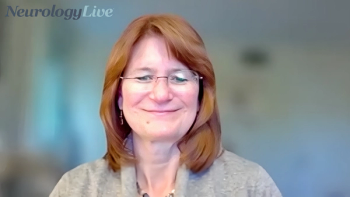
The professor of neurology at Wake Forest University School of Medicine discussed the importance of expanding the diversity of clinical trial populations, considering the impact of social determinants of health, and ensuring accessibility for high-risk underserved groups. [WATCH TIME: 4 minutes]
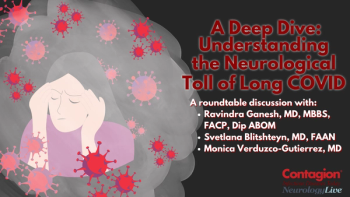
Without a specific tailored Long COVID therapy, individualized treatment based on patient phenotypes, along with extensive evaluations, is essential for effective symptom management.
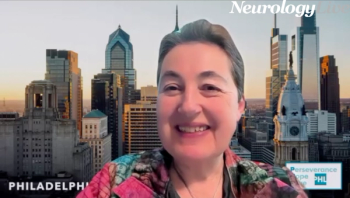
The professor of neurology at NYU Grossman School of Medicine discussed the results of a phase 2b study on XEN1101, an investigational drug in development for focal epilepsy. [WATCH TIME: 4 minutes]
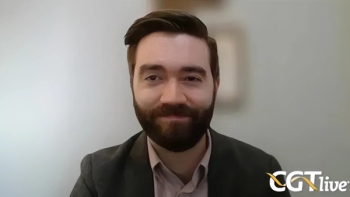
Prior to the 2025 MDA Conference, the vice president of Public Policy & Advocacy at the Muscular Dystrophy Association talked about the increasing interest in gene therapy in the field of neuromuscular diseases.
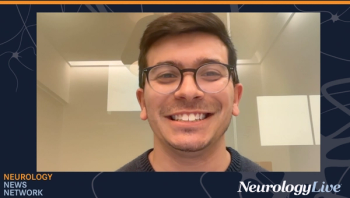
Neurology News Network. for the week ending October 26, 2024. [WATCH TIME: 4 minutes]
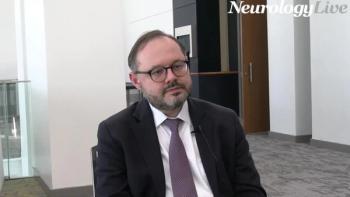
The director of the myasthenia gravis clinic at Yale University provided additional insight on the MINT study of inebilizumab in myasthenia gravis, some of the subanalyses within, and next plans in the drug’s development. [WATCH TIME: 5 minutes]
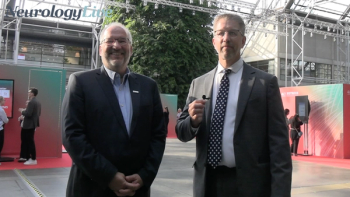
The chief medical officer at Immunic provided clinical insight on the dual mechanism of action of vidofludimus calcium, and how its positioned as a treatment option across all MS subtypes. [WATCH TIME: 3 minutes]

The chief medical officer at Edgewise Therapeutics gave an overview of the mechanism of EDG-5506, an agent in development for Becker muscular dystrophy, and its early promising clinical results to date. [WATCH TIME: 6 minutes]
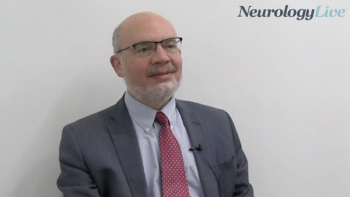
The senior scientist at Sunnybrook Research Institute talked about both the opportunities and challenges with the shift of technological advancement in medical education, especially in fostering critical thinking and managing the vast influx of information. [WATCH TIME: 4 minutes]

The professor of neurology at NYU Grossman School of Medicine provided clinical insight on the uniqueness of investigational XEN1101 and the idea behind potassium channel inhibitors to treat epilepsy. [WATCH TIME: 3 minutes]